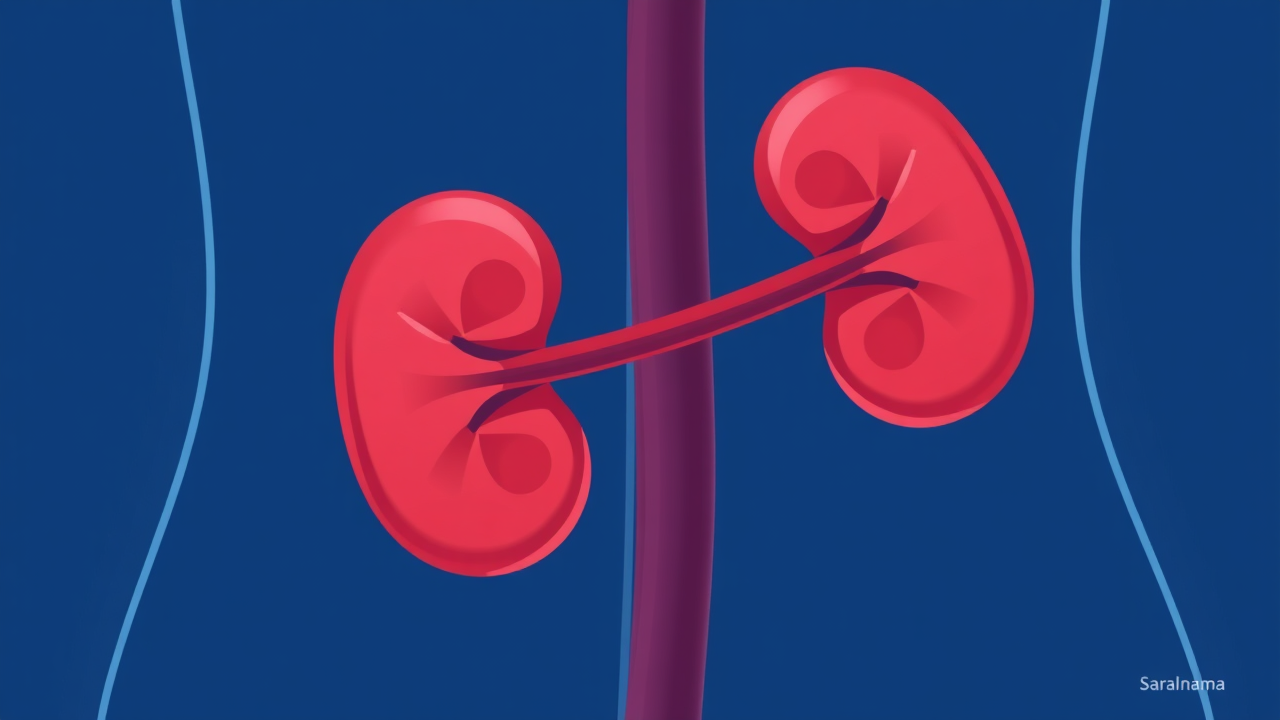In today's busy world, many people ignore their body's need for water. Some even boast about not drinking enough, prioritizing work over health. According to the 2025 Dehydration Statistics report, around 16-21% of people worldwide show signs like thirst, dry mouth, and less urination. Drinking only 500 ml of water daily can seriously harm the body. Medical experts warn that such low intake leads to mild or moderate dehydration. The body tries to save water by reducing urine and pulling moisture from cells, causing tiredness, dizziness, dry mouth, and constipation. Over time, this habit damages kidney function, raises the risk of urinary infections and kidney stones, and harms heart health. Even mild dehydration affects mood, memory, and concentration. Experts suggest simple habits like sipping water throughout the day, eating water-rich foods, and watching urine color to stay hydrated.

Long-term Effects on Kidneys and Overall Health
Kidneys filter waste, balance fluids, and regulate electrolytes, all requiring enough water. When water intake stays low, kidneys produce concentrated, dark, and acidic urine. This environment encourages uric acid and calcium oxalate crystals, leading to kidney stones. Chronic low intake may speed up the decline in glomerular filtration rate (GFR), a key measure of kidney health, especially in those with hypertension or diabetes. Reduced blood flow to kidneys, known as renal perfusion, damages them over time. Low hydration also drops blood volume, affecting heart function and body temperature control. Experts compare it to running a machine on low oil—inefficient and harmful. Simple daily habits like drinking water regularly, using reminders, and eating hydrating foods can prevent these serious health problems.
Source: Link
